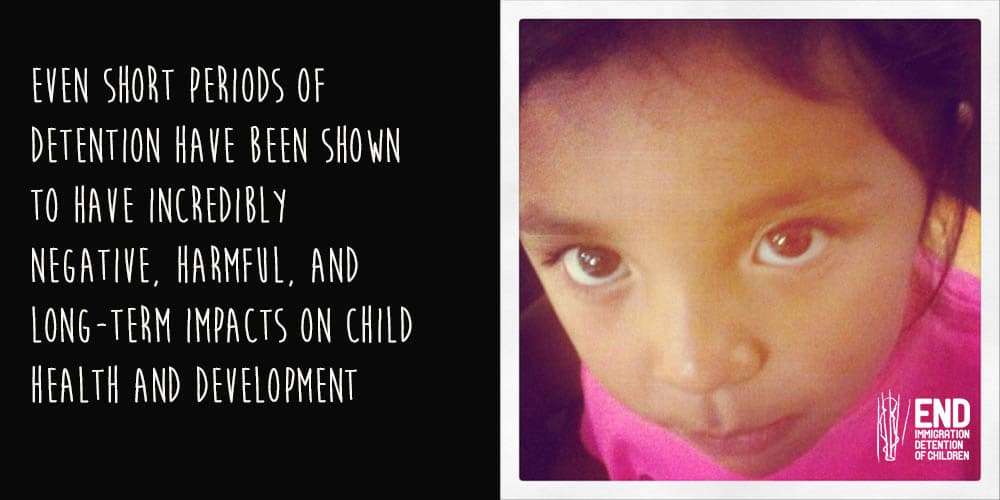UN Leaders Miss the Mark on Child Detention
World leaders must live up to their commitments to ensure that the rights of children are upheld.
In adopting a set of high-level political “outcome documents”, an unprecedented 193 United Nations (UN) Member States agreed last week to work towards ending child immigration detention. Yet these same outcome documents dangerously undercut the rights of refugee and migrant children by implicitly condoning the use of this harmful practice.
Governments unanimously adopted a set of political commitments in preparation for the 19 September UN High-Level Summit on “Addressing large movements of refugees and migrants“.
Paragraph 2.12 of the outcome documents includes a phrase asserting that detention is “seldom” good for children and that conditions of detention can respect their human rights.
“The world’s leading experts on children have already concluded that detention is never in the best interests of a child” says Leeanne Torpey, Coordinator of the Global Campaign to End Child Detention. “Even short periods of detention have been shown to have incredibly negative, harmful, and long-term impacts on child health and development.”
We need leaders who are unafraid to live up to their human rights obligations – including a commitment to safeguard the best interests of children, regardless of the child’s migration status. This latest outcome document is out of step with this commitment. It is now “incredibly clear” that the detention of a child on the basis of their or their parents’ migration status is never in the best interests of a child and will always constitute a child rights violation. When States fail to respect this international obligation, it is our children who pay the price.
Clearly there is strong public support for ending child immigration detention – and well there should be” said Ms. Torpey, who pointed to strong civil society mobilisation and the support of an overwhelming number of UN experts for this significant achievement.
The rights of children hang in balance as we are witnessing today an unprecedented level of human mobility. More people than ever before are on the move, including roughly 65 million forcibly displaced persons, over half of which are children.
Increasingly, these children are at risk of immigration detention, which has been shown to be incredibly harmful for their health and well-being. Despite clear recommendations to end child detention from multiple UN experts, including the UN Committee on the Rights of the Child—the world’s foremost child rights expert body—child detention still proved to be a contentious issue in the final days of negotiations leading to the adoption of the political outcome documents.
According to Ms. Torpey, “It is a critical time for leaders to ensure that the rights of child refugees and migrants are upheld. Children are vulnerable and often voiceless – their interests must be a primary consideration in these important negotiations”.



